2024 is forecast to be a troubling year for the European chemical sector as it faces environmental challenges, faltering demand, and rising costs.
This is the outlook from a recent report by chemical industry analysts at Jefferies Financial Group, who believe that demand will continue to be weak while Chinese chemical imports will start to flood European markets.
However, the problems facing European chemical suppliers are multi-faceted.
“Our industry is facing what we call a ‘double twin’ transition,” explains Marco Mensink, director general of the European Chemical Industry Council, Europe’s largest chemical industry association. “We need to go climate neutral, circular, digital, and transition to safe and sustainable chemicals, all by 2050.”
Yet the problems go even further still.
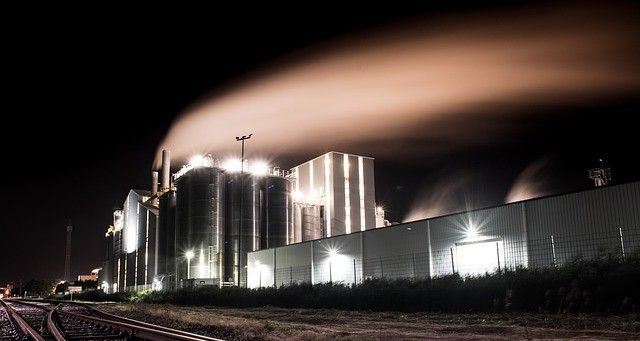
Competition
The clearest challenge is the increasing competition from emerging economies, such as China and India, which have lower production costs and less stringent regulations. This is placing pressure on European chemical companies to remain competitive and find innovative ways to reduce costs and improve efficiency.
Sustainability
At the same time, the sector is facing growing demand for sustainable and environmentally friendly products as consumers become more conscious of the environmental impact of chemicals, and push for greener alternatives.
Some chemical firms are embracing the shift towards sustainability. Evonik Industries, for example, is an industry leader in replacing fossil fuels with recyclable, organic feedstocks, and have set a goal of achieving more than $1.1 billion in annual sales for sustainable, specialty chemical sales by 2030.
“The circular economy is a strong growth driver for Evonik,” notes Harald Schwager, Evonik’s deputy chairman, in a recent press release.
But this success comes at a steep investment price that may be overwhelming for some sectors.
Regulatory Compliance
Additionally, the industry is also grappling with the issue of regulatory compliance, with the European Union imposing strict regulations regarding the use and disposal of chemicals, which can be costly and time-consuming for companies to comply with.
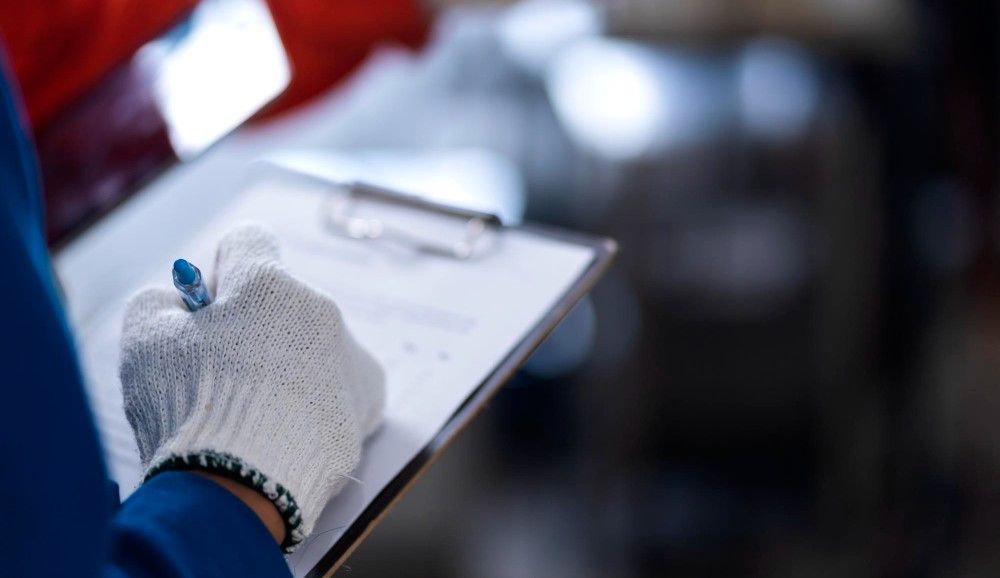
Skilled Worker Shortage
Furthermore, the industry is facing a shortage of skilled workers, with many experienced professionals reaching retirement age, while there is a lack of young talent entering the field. This poses a real challenge for chemical companies in terms of knowledge transfer and succession planning.
Compare the interest in engineering and chemistry in Europe with the thirst for learning in India, China, South Korea, or Japan.
Energy
Another handicap for European chemical producers are the current high energy costs, which the Jefferies Financial Group also envisage will continue for the foreseeable future.
Wolfgang Große Entrup, the managing director VCI, the German chemical industry association, agrees, highlighting the challenges for European chemical producers in the current global chemical market.
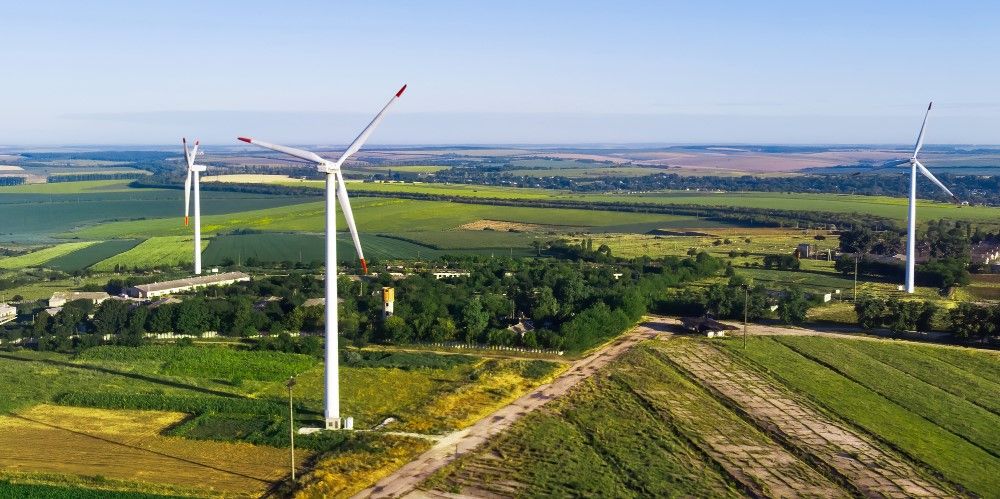
“Electricity prices in Germany are already a massive competitive disadvantage,” he stated in a recent press release, concluding that the German government must give more assistance to keep prices low. “Increases in electricity prices must be avoided,” he said. “Otherwise, the companies that are already struggling massively will be given the ice-cold shoulder and the transformation to climate neutrality will be further jeopardized.”
Brexit
Lastly, the ongoing uncertainty surrounding Brexit has also impacted the European chemical industry. The UK's departure from the EU has created uncertainty regarding trade agreements, regulations, and supply chains. This has led to cautious investment decisions and potential disruptions in the industry.
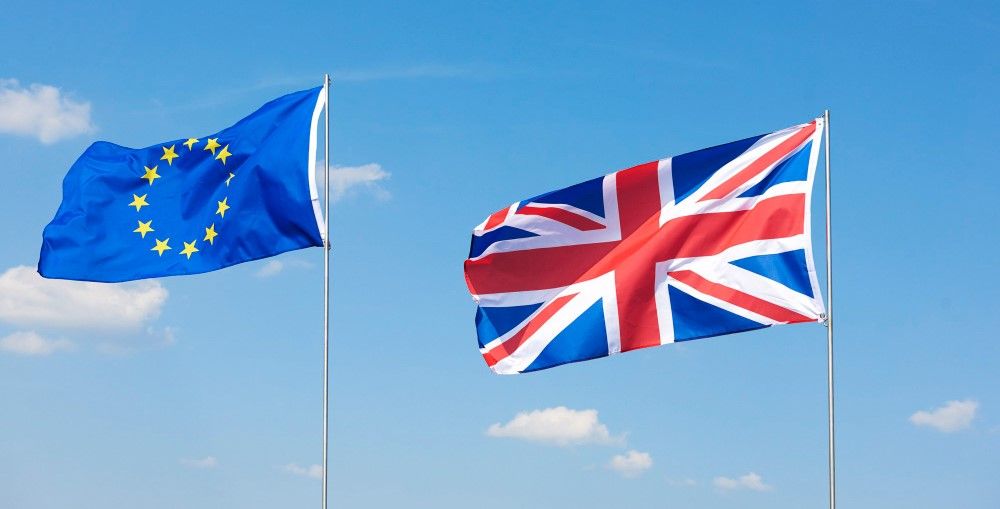
Chemical industry leaders agree that European chemical companies need to get better or die, with everyone looking for a leaner, greener, chemical sector.
“The speed of the transition is a key element,” says Mensink. “Yet this comes at a time when, compared to our main competitors in the US, China, and the Middle East, Europe is facing some of the highest energy prices in the world as well as a lack of competitively priced raw materials.”
Other solutions include, digitalisation, which should bring economic benefits and a smarter, more efficient chemical production process. Climate neutrality also provides benefits as employing renewable energy sources will go some way to offsetting the high energy costs fuelled by global gas and oil prices.
Sustainability and circularity are required for environmental health, but will not solve the problems of weak domestic demand and strong overseas competition which will make the next few years a tough time for chemical manufacturers and suppliers.
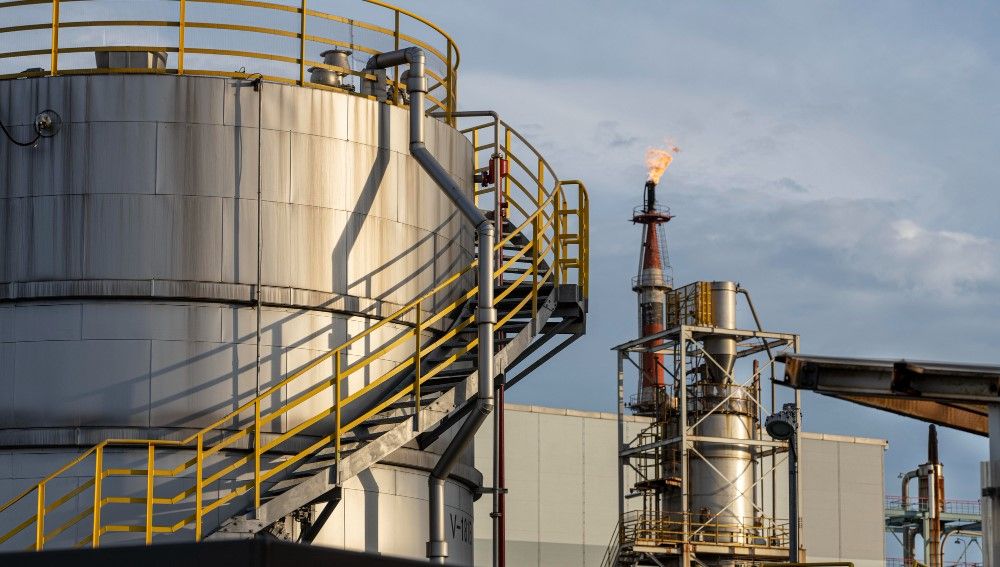
It is a situation which is having a noticeable impact on European chemical industry well-being. As a recent CE&N News report observes, “Several European chemical firms say that market conditions are forcing them to close plants and cut jobs. Among those doing so, Celanese will close its nylon 6,6 plant in Uentrop, Germany; Indorama Ventures will shutter its purified terephthalic acid plant in Sines, Portugal; and Ineos will mothball a similar polyester raw material unit in Geel, Belgium.”
The combined challenges of competition, sustainability, energy prices, raw material costs, regulatory compliance, workforce shortages, and Brexit, that the European chemical industry is facing will need a concerted effort of investment, strategic planning, and innovation if the situation is to be overcome.
In the long-term there is still optimism.
“2024 is likely to be a year of volatility, uncertainty, and change,” says Bernd Elser, global chemical lead for the consulting firm Accenture. “But these challenges also create opportunities to capture upswings, additional demand, and pockets of growth.”
As chemical industry analysts at Jefferies Financial Group made clear in a recent investment declaration for BASF – Europe’s largest industrial chemical manufacturer, “The long road ahead has only just begun.”
Photo credit: Frimufilms on Freepik, Freepik, gpointstudio, Lifestylememory, Paul from Pixabay, & Rudy and Peter Skitterians